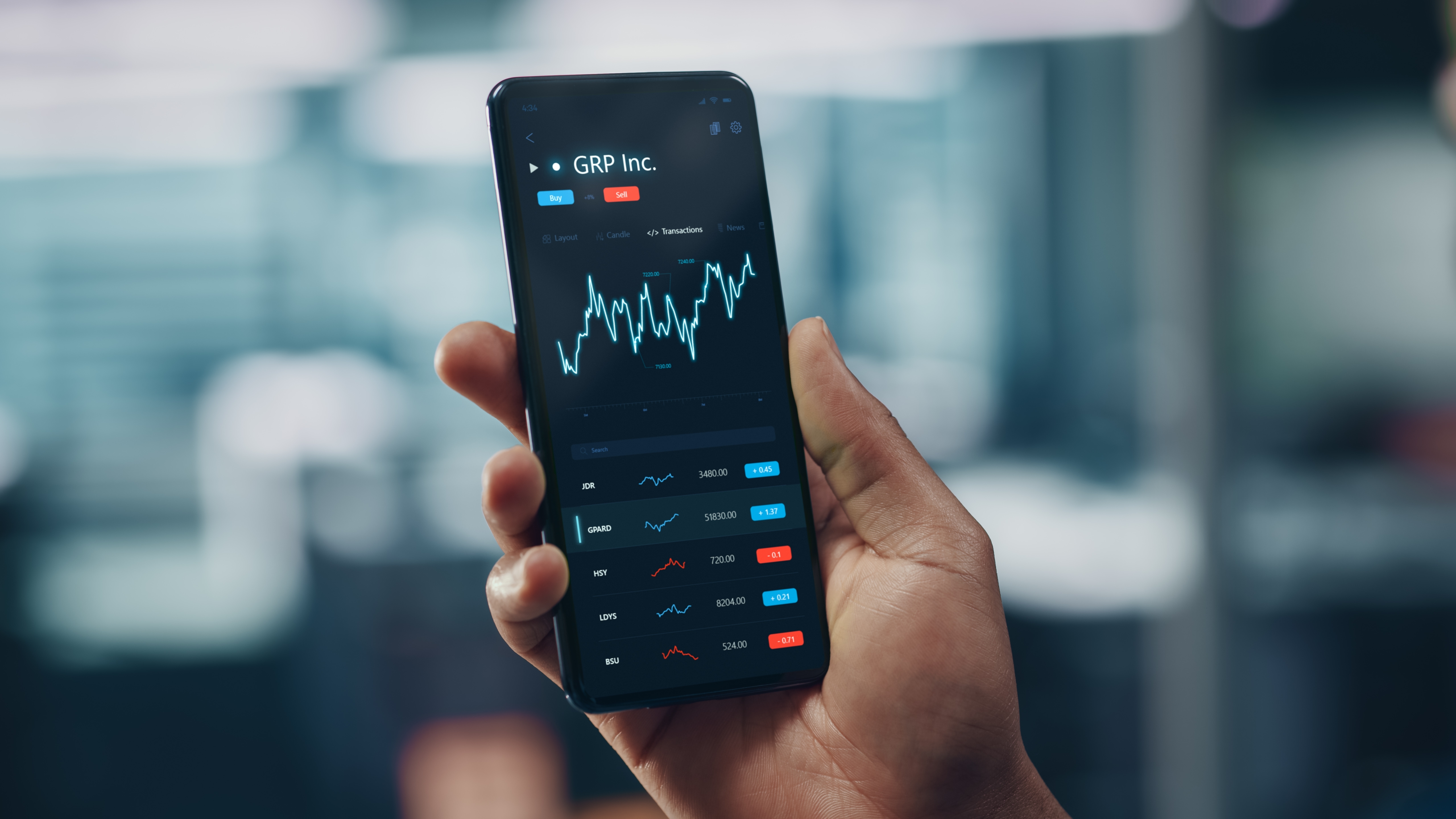From Data to Decarbonization: A Strategic Roadmap
Contributed by: Sienna Bull, Margarita Rojkova, and Vivian Tam from KPMG in Canada.
As calls mount to intensify global efforts to stem the effects of climate change, institutional and private investors are seeking ways to decarbonize their operations and assets. Financial decisions are becoming climate decisions in Canada and around the world and Environmental, Social, and Governance (ESG) pillars are priorities for the C-suite and Boards.
Private equity (PE) firms need actionable strategies to address ESG across their operations and portfolio companies. The question many are asking is: How do we launch this journey and still drive value?
To help, the Canadian Venture Capital and Private Equity Association (CVCA) devoted a recent Invest Canada webinar to discussing roadmaps and technology to help PE organizations decarbonize and automate ESG processes.
A live poll conducted during the webinar revealed that most firms are at early stages of their ESG journey. Nearly half of the respondents (43%) consider their ESG approach “ad hoc” and about 1 in 5 (19%) have some ESG capability in place. Only a tiny portion (5%) are fully optimized for ESG.
KPMG consultants who guided the webinar encouraged PE firms to adopt a milestone mindset when developing an ESG strategy. An ESG roadmap that strives for the following immediate, medium, and long-term wins helps build a lower carbon future, generates trust, and confers competitive advantage to PE firms and their portfolio companies.
Launching ESG Transformation: Quick Wins
A handful of quick wins are achievable within three months for ESG transformation. These include accomplishing vision, strategy, and current state assessments. There are a few ways to start ESG transformation in the vision and strategy phase, but it depends on your current state.
If you have to set your ESG strategy, KPMG’s ESG Discovery is a great way to start the journey where an initial assessment of your current ESG-related operations is completed to inform a roadmap for strategic direction.
If you have data but are unsure if you are using it effectively in your organization, let alone for ESG initiatives, start with a data maturity assessment to understand the current state of data challenges. KPMG’s dedicated Digital Discovery team will analyze these results and complete an ambition workshop. This discovery process allows our team to deep-dive into the data and not only identify and prioritize key actions for you to meet your objectives, but provide advice on how to execute them more effectively. We refine the information gathered and provide you with a future state roadmap and report to help your organization achieve desired outcomes.
If you have started your ESG journey and are ready to start exploring, designing, and implementing ESG tools, it may be time for a readiness assessment. With so much ESG-related data coming from so many sources, firms need a firm grasp of data quality and availability, collection methods, and data compatibility from the outset.
Making ESG Progress: Medium-Term Wins
The next stage takes tangible steps to integrate ESG into operations. PE firms need to baseline (quantify) their greenhouse gas (GHG) emissions. The bulk of these for PE firms (~93%) will be financed emissions from portfolio companies. That baseline helps inform capital allocation and acquisition decisions and structure.
Next, PE firms should set up a due diligence framework for the deal lifecycle that incorporates ESG. From screening potential acquisitions for ESG risks and opportunities, to assessing, benchmarking, and summarizing ESG performance, this framework helps drive value throughout the investment lifecycle, from deal sourcing to sale. Medium-term wins are generally achievable within 3 to 12 months.
Monitoring ESG: Long-Term Wins
One to two years into the roadmap, organizations will have a better understanding of existing ESG data, they should have identified data gaps (e.g., data from portfolio companies), and started developing processes for capturing ESG data and reporting on metrics. What’s needed at this stage is to implement ESG technology solutions and launch a comprehensive ESG monitoring and reporting process. Long-term wins, achievable after one year or more of ESG transformation, include digitizing and automating carbon accounting, climate risk analytics, and ESG reporting. The ultimate win is to generate actionable insights to further decarbonize.
Explore Existing Technology Alongside Vendor Solutions
Long-term ESG wins also depend on smart automation technology decisions. Organizations should first understand what existing technology they have and explore what’s possible with what’s already there. When selecting vendors, an assessment framework that is aligned to procurement policies allows an organization to define key functional and business requirements. It’s important to define your requirements, understand the landscape by performing a high-level review of vendors, conduct vendor demos, assess vendors against your pre-defined framework, and perform sandbox testing.
Aligning faster and strategically with the growing ESG agenda is not just a necessity, but an advantage for PE firms. ESG pillars and practices are about sustaining the planet, people, and communities. Driving value is inseparable from those priorities. The key is to align your business decisions with your ESG initiatives, commitments, and targets.
Want to see what we can accomplish together? Read the full article and contact the KPMG in Canada Financial Services team to discuss digitizing and automating ESG and any other aspect of your ESG journey.
Authors
Sienna Bull
Senior Manager, Risk Consulting | Audit, KPMG in Canada
[email protected]
Margarita Rojkova
Senior Consultant, ESG, KPMG in Canada
[email protected]
Vivian Tam
Senior Consultant, ESG, Deal Advisory, KPMG in Canada
[email protected]



